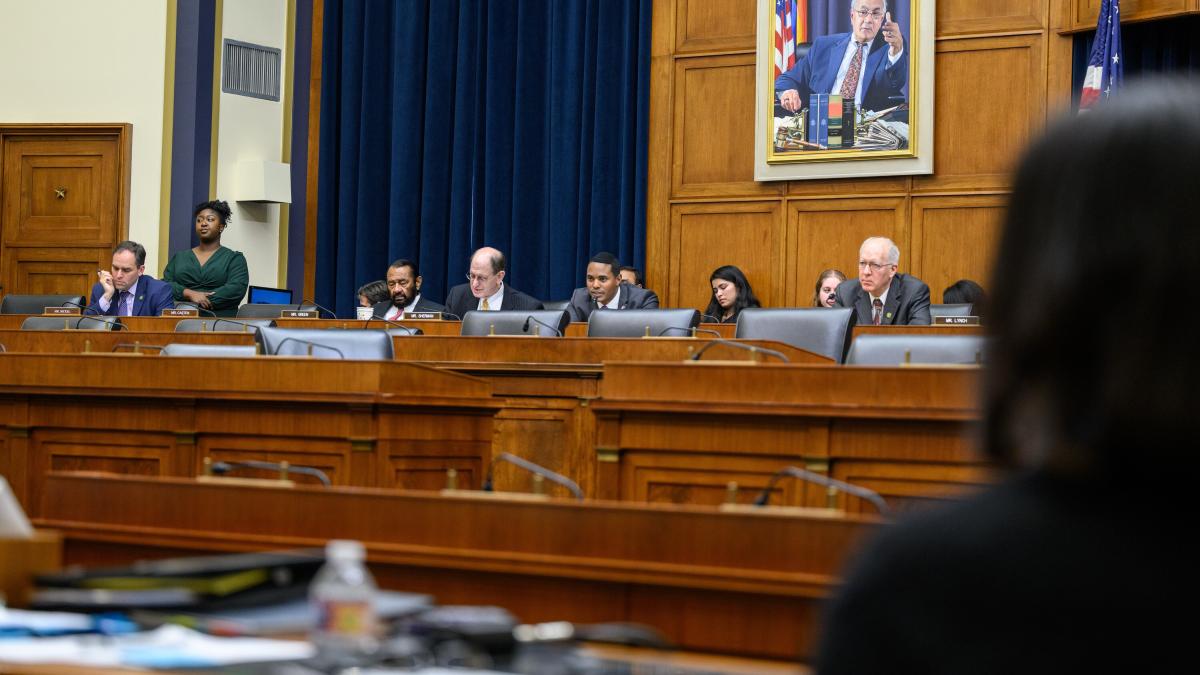Economic Security and Financial Services

During my time in Congress, I’ve been proud to serve on the Financial Services Committee, where I’m a steadfast advocate for expanding opportunity for all Americans and building back a financial system that works for everyone.
As COVID-19 upended our economy, I heard from constituents about the financial stress they experienced as a result of rising prices and supply chain issues. I understand the concern and frustration these costs create – no family should have to worry about how they will put food on the table or fill up their gas tank. In Washington, DC, my colleagues and I have been fighting to control inflation and lower costs for our community.
Most recently, we passed the Inflation Reduction Act, which will help cut costs for Illinois families, and, since it was fully paid for by ensuring large corporations pay a minimum tax rate and cracking down on tax cheats, it will reduce our nation’s debt.
It’s also critical that Congress addresses the challenges and economic disruption from automation and artificial intelligence. We need to support workers and make sure they are trained for the jobs of this new economy.
Banking
The 2008 financial crisis and the economic stress from the pandemic have highlighted the need for a renewed and revitalized banking system for the 21st century. We must ensure that our banking system is not just robust and secure, but also well-equipped to support our communities, businesses, and consumers in a rapidly-changing world.
The Dodd-Frank Wall Street Reform and Consumer Protection Act of 2010 was a step in the right direction to set important guardrails preventing taxpayers from once again having to bail out big banks because their risky bets went bad. Because of Dodd-Frank, our banking sector was able to continue supporting consumers, small businesses, and our overall economy despite severe economic stress during the COVID-19 pandemic. However, more work must be done.
We should strengthen financial stability oversight and continue to operate under the Dodd-Frank paradigm that has clearly worked for the benefit of consumers and kept our economy safe.
We’ve also quickly entered a new digital era in banking. In this era, strong oversight paired with responsible innovation and the adoption of technology can work to make banking safer, more accessible, and more inclusive for consumers.